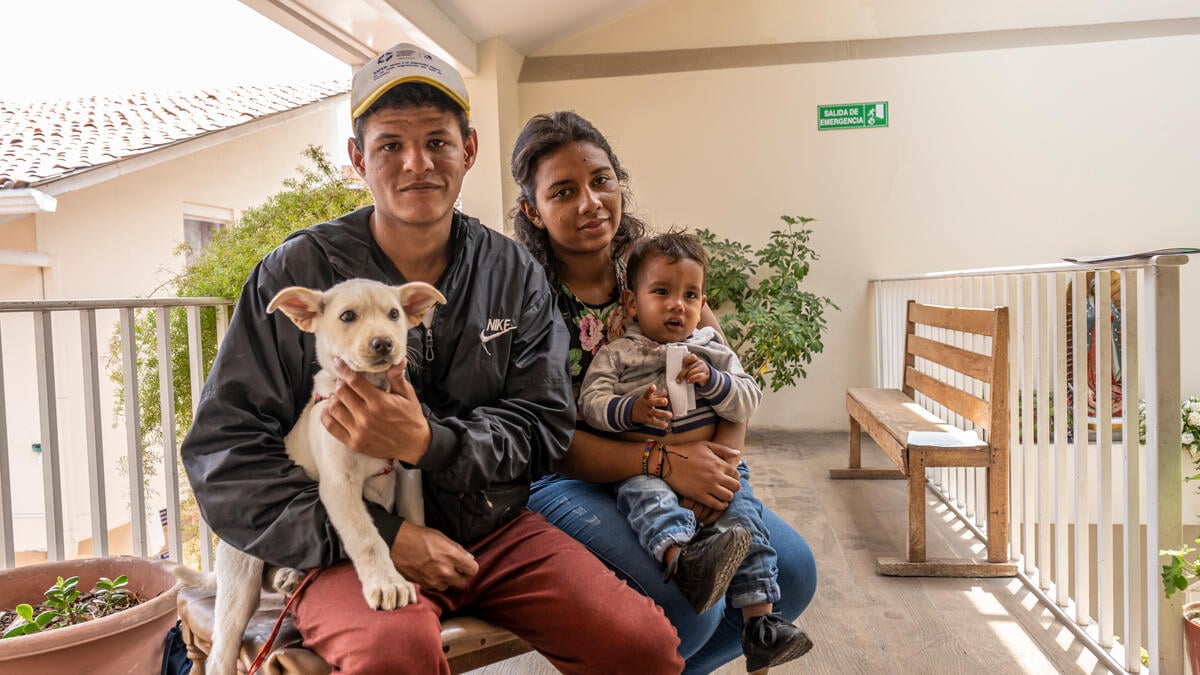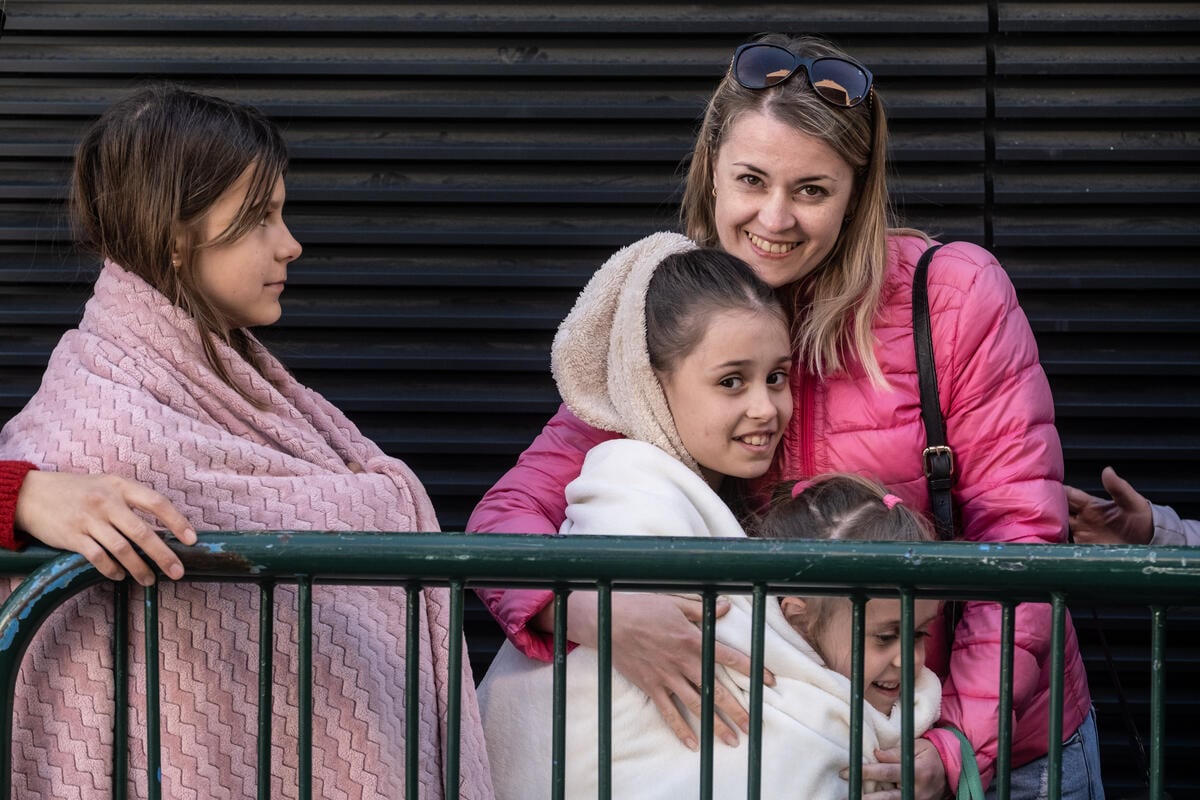Returning residents breathe new life into Libyan ghost town

Returning residents breathe new life into Libyan ghost town
Nestled among the twisted olive trees that cling to the slopes of the Nafusa Mountains – the arid range in northwest Libya that separates the Mediterranean coastal plain from the Tripolitanian Plateau to the south – lies the village of Gwalish.
For generations, the villagers there lived simple and largely unchanged lives, herding goats and harvesting olives and grain. In 2011, however, Gwalish became a ghost town after the majority of the population fled a series of battles in the area during the uprising that removed former leader Muammar Gaddafi.
After being scattered across the country for several years, in 2015 and with the help of the Nafusa Mountains Committee, the former residents were granted safe return. Some 500 families – around a third of the village’s former population – made their way home.
Across Libya, more than 184,000 internally displaced people (IDPs) are currently in need of humanitarian assistance, along with a further 368,000 people who, like the 500 families in Gwalish, have returned to their former homes.
“This tiny school used to be one of the best schools in the area. We are now rebuilding it from scratch.”
With many civilians still suffering the effects of ongoing conflict, political upheaval and economic collapse, helping displaced families return home and resume their former lives is a key priority for UNHCR, the UN Refugee Agency, in trying to bring a measure of stability back to the country.
On arrival back in Gwalish, the families discovered that most of their houses had been burnt, destroyed or looted. The returning residents also had to cope with a lack of electricity, potable water and other public services. The local school and health clinic that used to service the village lay empty and useless.
Determined to breathe life back into the village, the people of Gwalish set to work. One of their first projects was to re-open the abandoned school and provide classes for the local children.
Among the dedicated group of villagers who helped get the school up and running again is Mohammed, a teacher for more than 15 years who teaches geography and history to 100 returnee pupils.
“When we returned to Gwalish we found the school looted and partially destroyed,” he said. “This tiny school used to be one of the best schools in the area. We are now rebuilding it from scratch."

UNHCR has increased its support to IDPs and returnees in Libya three-fold over the past six months. Assistance provided included basic household items such as mattresses and kitchen sets, shelter kits to help repair destroyed houses and cash assistance to help the most vulnerable families.
In addition, UNHCR is implementing more than 300 quick impact projects throughout the country with the participation of host communities and IDPs, and in consultation with national and local authorities. These include the renovation of infrastructure in schools and medical facilities and support to secure power generators and water pumps to communities in need.
The echoing corridors and drab classrooms of the once bustling Gwalish school point to the lack of resources that Mohammed and his colleagues face. They often pay from their own pockets to provide books and stationery, and pupils have had to get creative too – drawing large maps on the geography classroom wall that Mohammed uses to illuminate the world for them.
“It is hard to find teachers willing to move to this remote area,” he explained. “Now, the few teachers we have teach multiple subjects in order for the students to continue with their education. We are lacking the most basic tools to teach and this takes a toll on the students.”
Grades have suffered as a result of the lack of resources and difficult conditions in the village, Mohammed added. He worries that if the situation does not improve, students will lose the motivation to continue their studies. UNHCR will provide new desks and a water pump to the school to help in their efforts.
"The air and the soil in these mountains run through my veins"
Other aspects of life also present a challenge for the villagers of Gwalish. The nearest working hospital is about 80 kilometres away, and petrol is often unavailable to those hoping to make the journey.
“When my daughter delivered my grandson, she had to travel by car for more than an hour to reach the hospital. When she arrived, we thought we had lost my grandson on the way,” said 80-year-old Sharifa, holding her grandson Omar.
When she and her family first returned to Gwalish, they found their house burnt and looted and had to rebuild it themselves. But despite the hardships, Sharifa is determined to reclaim the village that she has called home all her life – a spirit shared by most of those who have returned.
“This is the village where I was born. The air and the soil in these mountains run through my veins,” she said. “When I returned, there was nothing left of the life I once had, but this is our home and we will continue to rebuild it. I dream of one day seeing Omar studying in the same school where I used to study, and growing up to be a doctor.”









